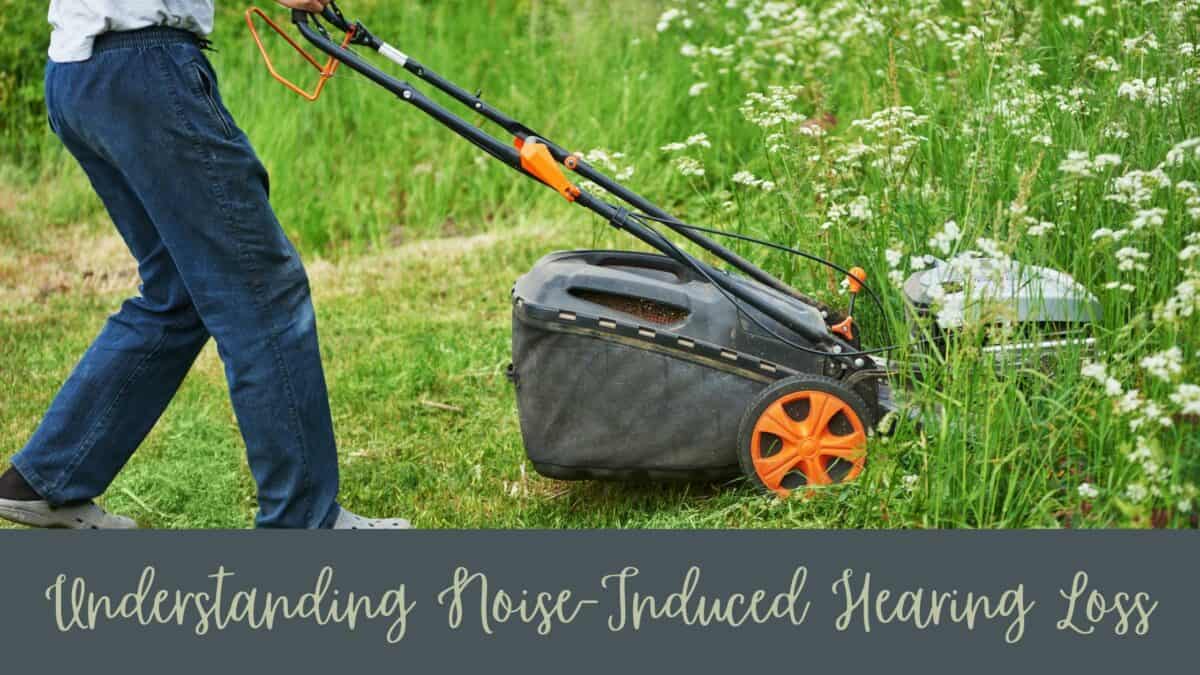Did you know that over 20% of the population of the United States suffers from hearing loss?
Hearing loss can result from a variety of factors, including the natural aging process and injury, disease, or infection. But Noise-induced hearing loss, or hearing loss caused by deafening noises, is one of the most common causes of hearing loss.
Noise-Induced Hearing Loss (NIHL)
Every day, we are subjected to excessive noise, ranging from noisy jobs to road noise and even domestic noises such as appliances, vacuum cleaners, and televisions. Overexposure to all of these loud noises in our surroundings causes noise-induced hearing loss (NIHL).
You might think that your appliances aren’t that loud; they can’t possibly be causing hearing loss. True, these sounds aren’t loud enough to harm your hearing on their own, but if you’re regularly exposed to so many loud sounds in your environment, your ears won’t be able to tolerate the noise, and you’ll end up hurting your hearing.
The onset of NIHL might be abrupt or gradual. Hearing loss can occur in as little as a few minutes. It only takes a second for your hearing to be permanently destroyed by a loud noise, such as a gunshot right next to your ear. When you’re exposed to loud noises all day, every day, your hearing deteriorates over time, and you’re much more likely to have hearing loss than people who spend their days in calm places.
Hearing Loss and Decibel Levels
So, how loud is too loud? We’ll need to discuss decibel levels to answer this question.
Decibels (dB) are a unit of measurement used to determine the volume and determine which noises are harmful to human hearing. Sounds that are less than 85 decibels are deemed safe. Normal conversation, the hum of the refrigerator, and watching TV at a low volume are all examples of safe sounds.
When you’re exposed to sounds louder than 85 decibels, though, the delicate tissues of your inner ear are permanently damaged, and your hearing health suffers.
What are sounds responsible for noise-induced hearing loss?
A variety of noises can trigger NIHL. The louder the sound, the more likely you are to acquire hearing loss and the less exposure you can endure before your hearing begins to deteriorate.
Some household items, such as the lawnmower or leaf blower, can be as loud as 100-110 decibels, so be sure you’re wearing hearing protection. If you go to the shooting range or use firearms without hearing protection, you’ll be hurting your hearing because these sounds can reach 150 decibels! Other hazardous leisure activities to your hearing health include snowmobiling, boating, and letting off fireworks.
Have you ever left a concert or a pub with a ringing or buzzing in your ears or the sensation that everything around you is muffled? This is a clear indication that the sounds were too loud, and you should put on hearing protection and take a break outside now and again to rest your ears. Concerts are famously loud and can cause hearing loss in as little as an hour or even a few minutes.
NIHL Poses a Threat to Whom?
Hearing loss is a danger for everyone who works in a noisy industry such as construction, manufacturing, or farming and those who reside in extremely noisy areas. We’re all in danger of noise-induced hearing loss, unfortunately. Noise-induced hearing loss affects many seniors due to years of working in noisy environments without sufficient hearing protection.
Even young people are affected by NIHL! It affects about 17% of adolescents and teens due to poor listening habits. How many times have you seen your teen on the couch, headphones in, and music blasting? While kids may not realize they’re doing anything other than listening to their favorite band, they’re harming their hearing and setting themselves up for a lifetime of hearing difficulties. Ascertain that the volume is turned down, and inform them about the dangers of NIHL.
Noise-Induced Hearing Loss: Treatment
Hearing loss is more than just being unable to hear. You’ll find it challenging to follow conversations, have trouble understanding your grandchildren, and feel alienated and alone because you’ll be losing out on so many of the vital sounds around you.
It’s time to take action if you have noise-induced hearing loss. Visit us today for a hearing evaluation to take the first step. Whatever the source of your hearing loss, we’ll help you choose the appropriate set of hearing aids to get you back to hearing.

